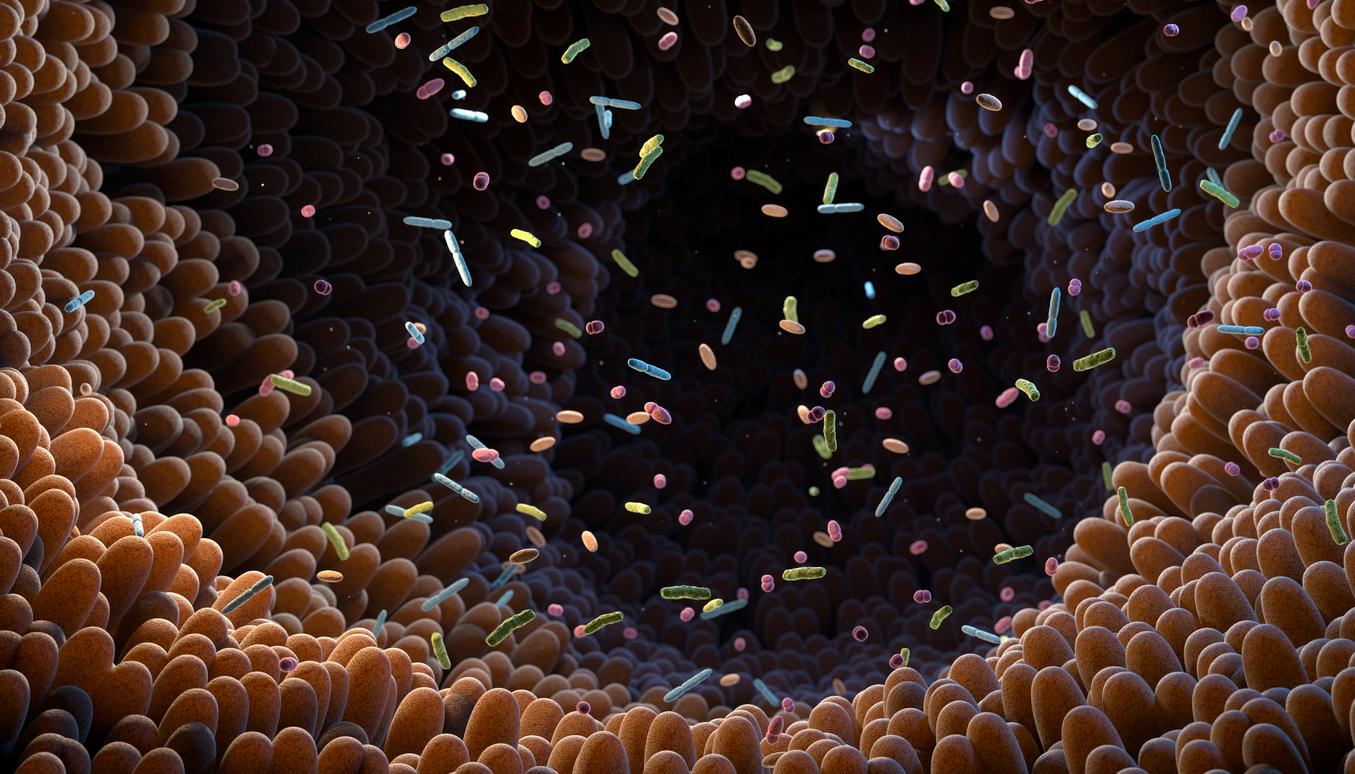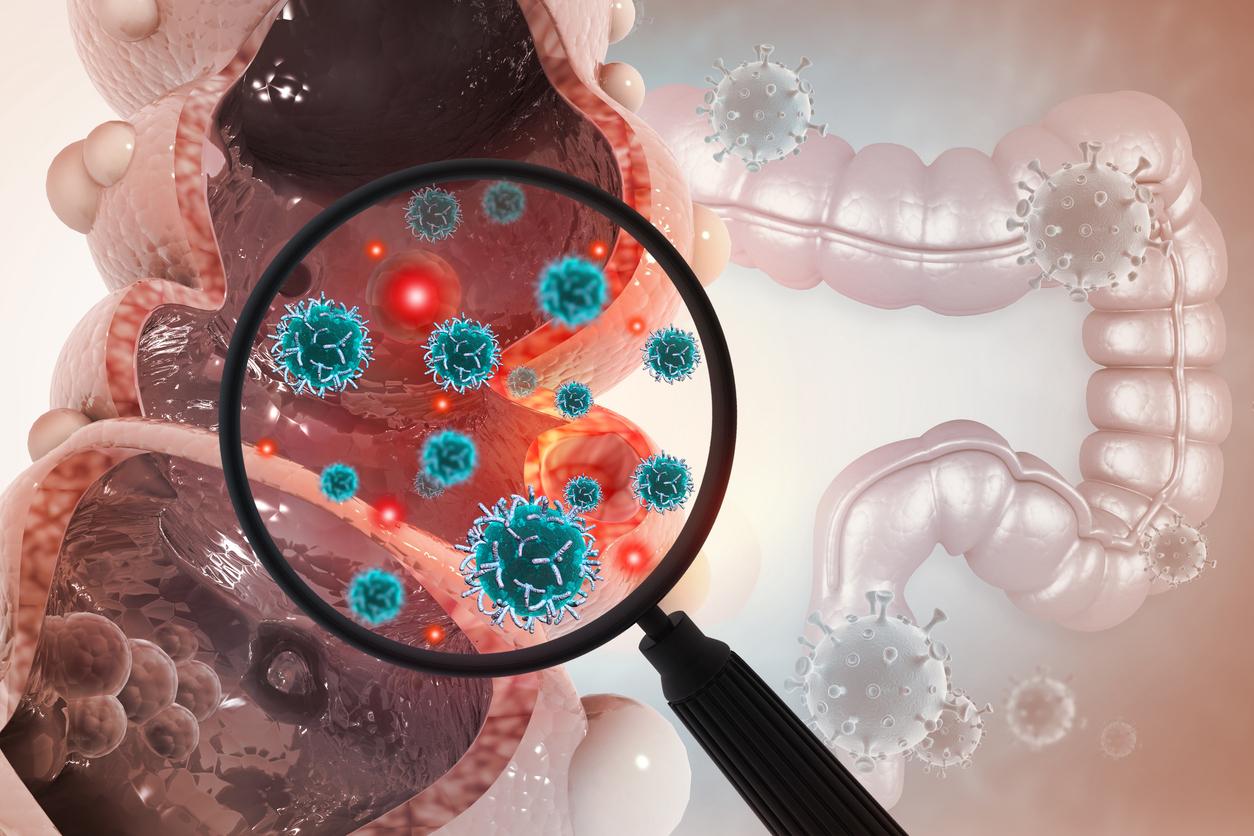New research from Danish and Israeli researchers shows that an imbalanced gut microbiome can increase the risk of cardiovascular diseases like myocardial infarction and heart failure.

- Our digestive system is populated by more than 10,000 billion bacteria, fungi and yeasts, which live there in community.
- This set of microorganisms constitutes our intestinal microbiota, which plays an essential protective role for our transit, but also our cardiovascular health, our immune system and our mood.
The intestinal microbiome, that is to say the ecosystem in which the microorganisms of the human digestive tract evolve, does not only influence our digestive health. Numerous studies have already documented the link that exists between the intestinal microbiome and the development of behaviors such as depression, asthma or even cardiovascular diseases.
This is an interrelated link: the gut microbiome can increase the risk of developing these pathologies, and these diseases also influence the composition of the microbiome.
This is demonstrated two new publications appeared in NatureMedicine. Conducted by researchers from the universities of Copenhagen (Denmark) and Tel Aviv (Israel), they shed light on the imbalance of intestinal bacteria in patients suffering from myocardial infarction, angina pectoris and heart failure.
An imbalanced microbiome can trigger heart disorders
When in balance, the trillions of bacteria that make up the gut microbiome function like an internal chemistry factory, producing many compounds that promote good health. However, an unhealthy lifestyle (too fatty, sweet or salty food, but also smoking, lack of physical activity or illness) – can upset the balance. The bacteria are then likely to produce compounds that trigger multiple disorders, including cardiac ones.
However, these findings on the altered gut microbiome are disputed because they were obtained in studies on patients undergoing drug treatment, which can also alter the microbiota. As a result, a doubt remained: were it the drugs or the heart disease itself that was behind the disruption of the gut microbiome in people with cardiovascular disease? If so, is an imbalanced gut microbiome a hallmark of heart disease itself?
An early modification of the intestinal microbiome
To answer these questions, the researchers recruited 1,241 middle-aged people residing in Denmark, France and Germany, including healthy people, people with obesity and type 2 diabetes but without a diagnosis of heart disease. They also recruited patients suffering from myocardial infarction, angina pectoris or heart failure.
In total, the researchers counted around 700 different bacterial species. They then estimated their functions in the gut microbiome and compared these results to more than 1,000 compounds circulating in the blood.
“We found that about half of these gut bacteria and blood compounds were changed by drug treatment and were not directly linked to heart disease or early stages of disease such as diabetes or obesity occurring before diagnosis. heart disease”explains Professor Oluf Pedersen of the University of Copenhagen, who led the work.
For the other half of gut bacteria, disruptions in the microbiome were found, but about 75% occurred in the early stages of overweight and type 2 diabetes, which is several years before patients notice symptoms of heart disease. .
The researchers also found that this bacterial imbalance persisted in patients with heart disease. Not only were there fewer “good” bacteria, but they were also losing their ability to regulate the microbiome by producing healthy compounds.
Drug treatments do not cause microbiome imbalance
“It is now clear that major disruptions occur in the gut microbiome of patients with heart disease and that these alterations may begin many years before the onset of symptoms and diagnosis of heart disease. notes Oluf Pedersen. These changes in the microbiome cannot be explained by drug treatments.”
The researcher now pleads for the implementation of more targeted public health initiatives around a balanced diet, the practice of daily physical exercise and smoking cessation for “to attempt to prevent or retard morbidity and mortality from heart disease”.















